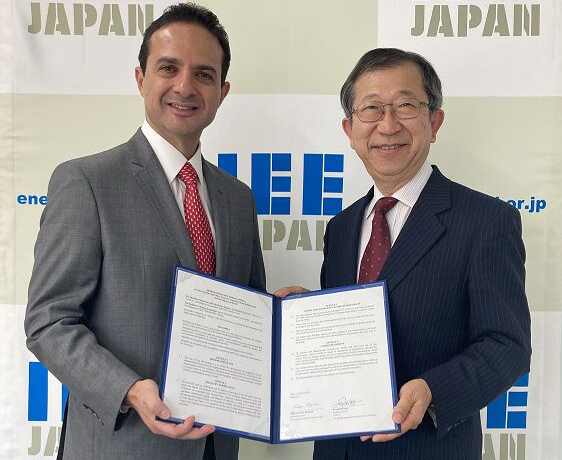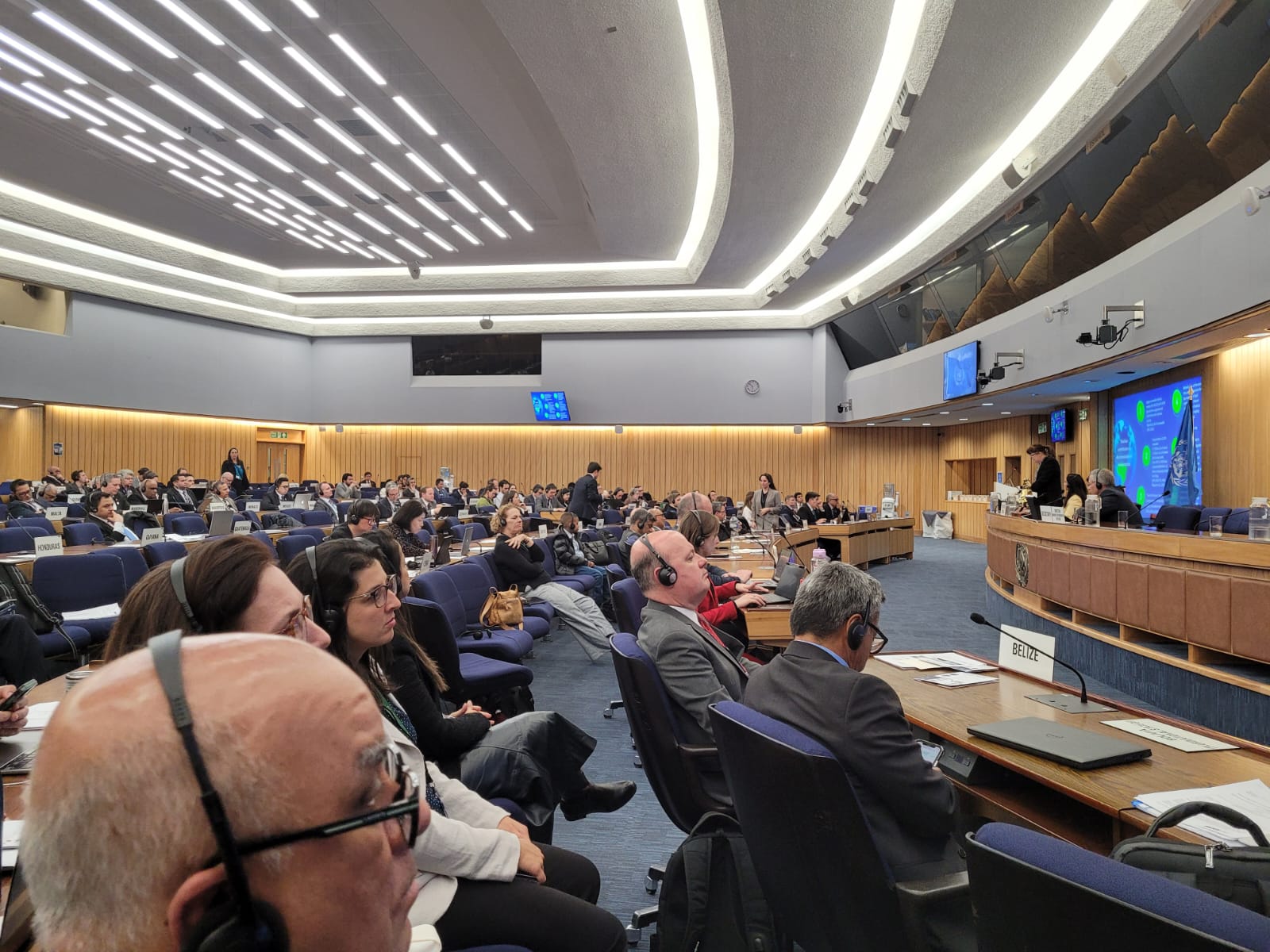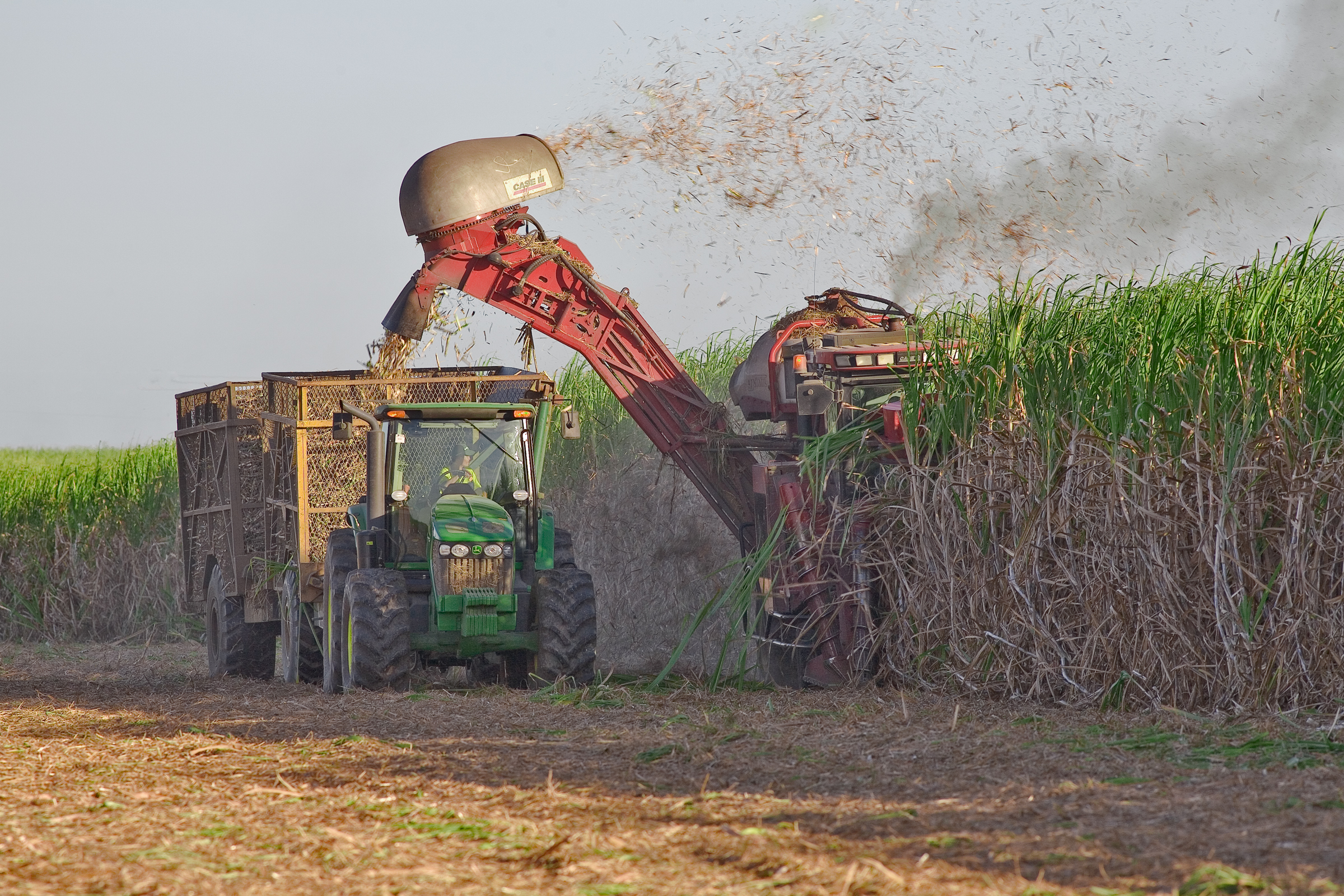
The Brazilian Sugarcane and Bioenergy Industry Association (UNICA) and the Japan Institute of Energy Economics (IEEJ) have signed a Memorandum of Understanding (MoU) aimed at enhancing technical collaboration between Brazil and Japan on the sustainable biofuels agenda. The agreement, formalized during an event part of the sectorial agenda and coinciding with President Luiz Inácio Lula da Silva’s state visit to Tokyo last week, underscores the critical role of Brazilian ethanol in the transition to a low-carbon economy. It also emphasizes the importance of fostering knowledge and technology exchange between the two nations.
Japan has been increasing its demand for biofuels, aiming to raise the ethanol blend in gasoline to 10% by 2030 at the same time as Brazil holds a significant competitive advantage in this sector. Evandro Gussi, president of UNICA, who joined the Brazilian delegation on its visit to Japan, highlighted:”Japan is committed to decarbonization, and Brazilian ethanol is the optimal solution for achieving this goal.”
The president of UNICA emphasized that ethanol produced in Brazil is not only a strategic solution for the automotive sector but also holds significant potential for maritime and aviation transportation, particularly in the production of Sustainable Aviation Fuel (SAF).
Additionally, he pointed out Brazil’s more than 50 years of experience in the production and use of ethanol as a clean energy source, positioning the country at the forefront of global energy security and sustainable development practices.
In this context, the MoU reflects recent progress in energy policies between Japan and Brazil, with the goal of fostering a robust business environment that encourages private sector investment and trade. By facilitating the exchange of information and engaging in detailed discussions on challenges related to both energy supply and demand, the agreement seeks to further strengthen bilateral cooperation in the energy sector between the two nations.
Japan: a raising market for biofuels
Japan has expanded its decarbonization goals, creating new opportunities for Brazilian ethanol. The country currently consumes 1.5 billion liters of ethanol annually and aims to increase the biofuel blend in gasoline to 10% by 2030 and 20% by 2040, necessitating even larger volumes to meet domestic demand. In the aviation sector, Japan has set a target of 10% of the fuel used in international flights coming from Sustainable Aviation Fuel (SAF) by 2030, which translates to a demand of 1.7 billion liters. The majority of this volume will be sourced from ethanol through the Alcohol to Jet (ATJ) pathway. “To meet this demand, approximately 2.38 billion liters of ethanol per year would be required,” explained the president of UNICA. Evandro Gussi also emphasized that Brazil, as one of the world’s largest ethanol producers and a global leader in biofuels, is well-equipped to meet Japan’s growing demand for low-carbon intensity biofuels (CI Score).



